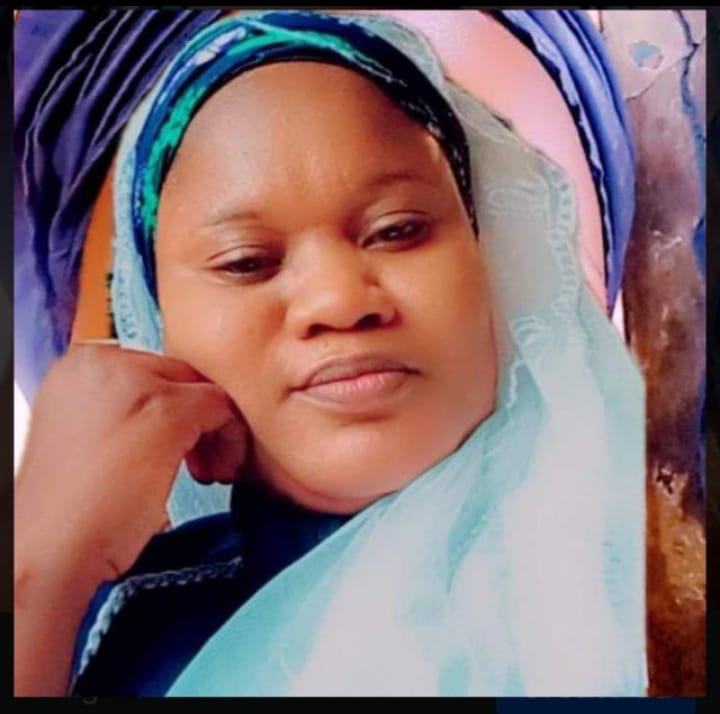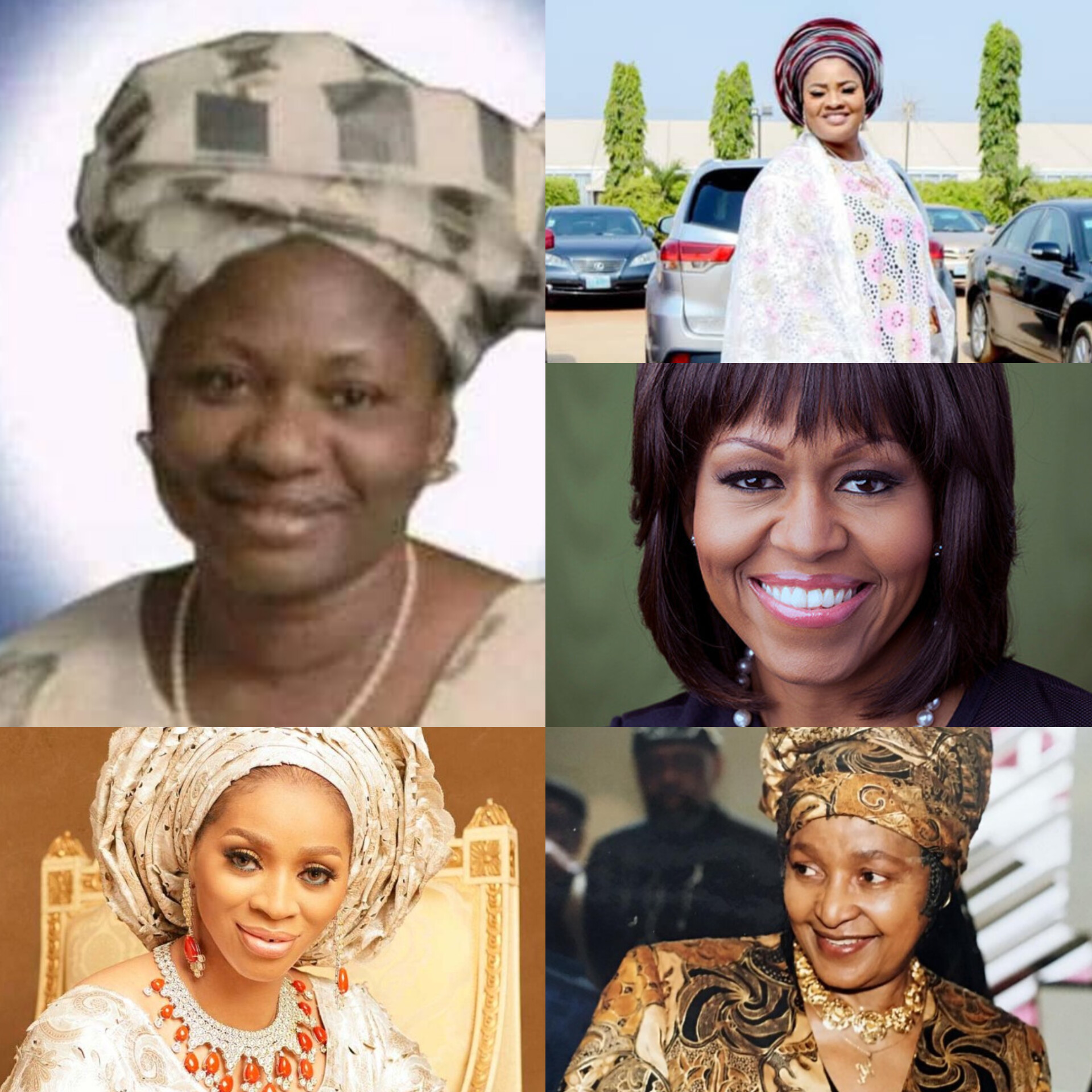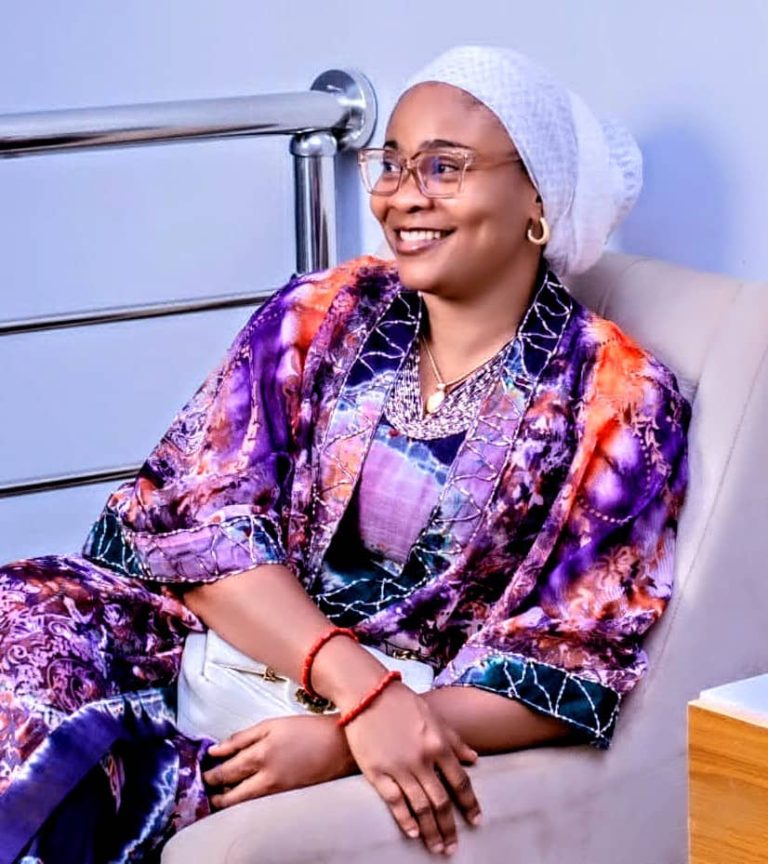The Double Standards Women Face in Society. By Falilat Oreoluwa Dikko

The Double Standards Women Face in Society.

From time immemorial, women have been subjected to different standards than men, carrying the weight of expectations society has placed on them. Whether in Nigeria, Africa, or Europe, the tale remains the same, women are judged more harshly, held to stricter rules, and denied the privileges freely granted to their male counterparts. It is an old script played out in various settings, affecting women’s careers, relationships, and personal choices.
In Nigeria, the life of a woman is like walking a tightrope, where a single misstep can lead to harsh condemnation. A young woman in Lagos may be labeled “irresponsible” if she stays out late, but a man doing the same is simply “enjoying life.” If a woman rises to the top of her profession, whispers fill the air, suggesting she must have traded favours to get there. Yet when a man achieves success, he is celebrated as hardworking and ambitious. The double standards are so blatant that women have to work twice as hard to get half the recognition.
Aisha Yesufu, the fearless activist, is a case in point. She has been at the forefront of Nigeria’s political activism, speaking truth to power with an unwavering voice. Yet, instead of focusing on her message, many choose to attack her dressing, her marital life, and even her mannerisms. Meanwhile, male activists who display the same level of passion are hailed as heroes of democracy. It is a bitter pill to swallow, but it is the reality women face.

The same script is playing out across Africa. In Kenya, Martha Karua, a seasoned politician and advocate for justice, has been dismissed many times simply because she is a woman. During elections, she has faced accusations of being too strong-willed, as if leadership were a birthright exclusively reserved for men. When men display firmness, they are seen as decisive. But when women do the same, they are labeled aggressive and difficult.
Across the seas in Europe, the story remains unchanged, though cloaked in a more sophisticated guise. Ursula von der Leyen, the President of the European Commission, once found herself in an embarrassing situation in Turkey when, during a meeting with male leaders, she was left standing without a chair while her male counterparts sat comfortably. The incident, later dubbed “Sofagate,” was not merely a diplomatic blunder, it was a glaring example of how even at the highest levels, women are still fighting for the basic courtesy freely accorded to men.
Women’s choices are policed, their appearances scrutinized, and their actions dissected. A single mother is treated as though she carries the world’s shame on her shoulders, while an absent father roams freely without reproach. When a man remains unmarried past a certain age, he is a “bachelor,” living life on his own terms. But when a woman does the same, she is pitied, as though her existence is incomplete without a man’s validation.

Even in matters of morality, the hypocrisy is jarring. If a man has multiple partners, society winks at him, calling him a “ladies’ man.” But if a woman dares to explore her options, she is branded promiscuous and unworthy of respect. The uneven scales tip further when it comes to parenting. A working mother is judged for not spending enough time with her children, while a working father is simply “providing for his family.”
Consider the case of Chimamanda Ngozi Adichie, the renowned Nigerian writer. She has been vocal about feminism, challenging societal norms with the might of her pen. But her critics, instead of engaging with her arguments, often resort to labeling her as a woman who “hates men.” The same fate befell Serena Williams in the world of tennis. Whenever she expressed frustration on the court, she was called “emotional” and “unprofessional.” Meanwhile, her male counterparts threw tantrums and broke rackets without similar repercussions. The message is clear: women must behave in a certain way to be deemed acceptable.
The workplace is another battlefield where double standards reign supreme. A woman in Abuja or Accra who negotiates for higher pay is viewed as demanding, while a man doing the same is considered strategic. Women are told to be confident, yet when they display confidence, they are deemed arrogant. In politics, business, and media, the glass ceiling is not just made of glass; it is reinforced with steel, making it nearly impossible for women to break through without bruises and battle scars.
The injustice extends to fashion and self-expression. A woman in Paris who chooses to wear revealing clothes is deemed “attention-seeking,” while another who wears a hijab in Kano is accused of being oppressed. In both cases, society feels entitled to dictate what a woman should wear, turning her personal choices into a public debate. Men, on the other hand, walk around in whatever pleases them, free from unsolicited opinions.
The saddest part of this reality is that women, despite their strength, are often forced into silence. Fear of judgment, backlash, and character assassination keeps many from speaking up. Those who do, like Malala Yousafzai, who survived a Taliban attack for advocating girls’ education, or Ngozi Okonjo-Iweala, who has shattered economic glass ceilings, pay a heavy price for daring to challenge the status quo. They face slander, mockery, and sometimes even threats to their safety.
It is high time society confronted its hypocrisy and dismantled the walls of double standards. Women are not asking for handouts; they are demanding fairness. A world where a woman can succeed without suspicion, where she can express emotions without being labeled weak, and where her choices are hers to make without fear of condemnation.
The road to change is long and winding, but it is not impossible to travel. It starts with acknowledging the problem, calling out bias when we see it, and raising daughters and sons to understand that fairness should not be gender-based. The weight of double standards must be lifted so that the next generation of women can walk freely, unburdened by outdated expectations.
Enough is enough. Women are not second-class citizens in their own societies. They deserve the same respect, the same opportunities, and the same freedoms as men. The world must rise to the occasion, not as a favour to women, but as a moral duty. Because a society that treats its women unfairly is a society that has failed itself.
Falilat Oreoluwa Dikko, author and public affairs analyst writes from Lagos Nigeria 14th March 2025



